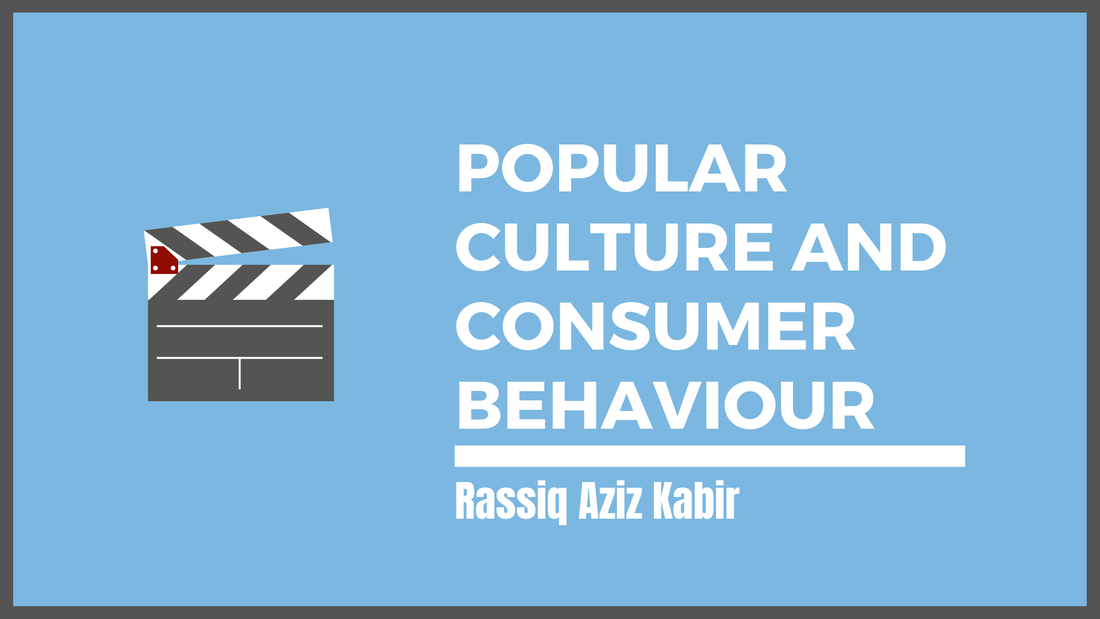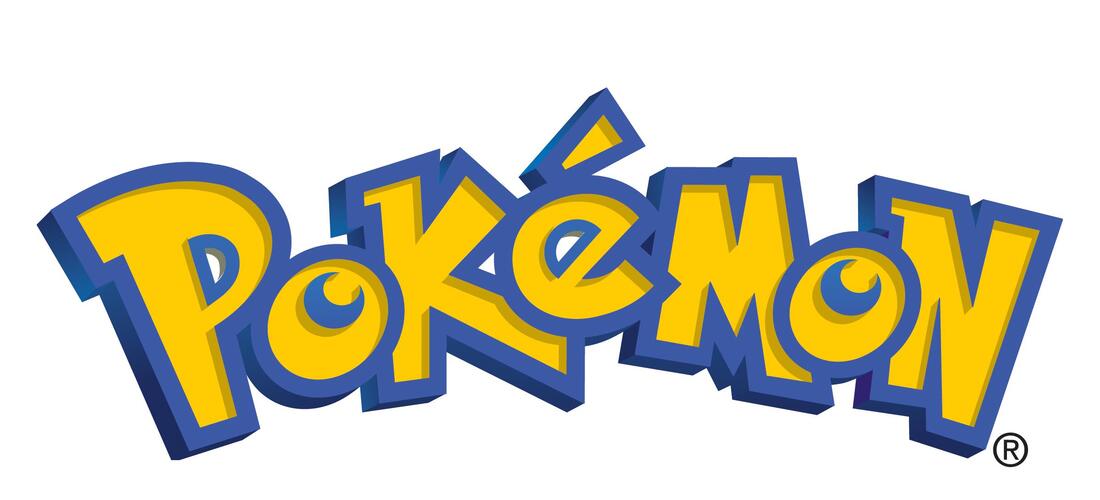ECONOMICS STUDY CENTER, UNIVERSITY OF DHAKA
|
Rassiq Aziz Kabir The fact that popular culture has been an instrumental factor in defining the behavior of consumers is often overlooked. In fact, it is a single large factor which can create a huge discrepancy in supply and demand in the market. Popular culture is generally defined as as the culture that is created and shaped for appeasing common masses. It can include a wide range of topics starting from books, movies, situational comedies, music etc. Popular Culture can both be specific to a particular country or it can have a universal appeal. In this perspective, the cultures of the powerful countries of the world seem to be Universal since they control the most of the tools which are necessary for propagating popular culture. Sometimes, popular culture is simply abbreviated as “pop culture”. Economics deals with the human wants and their satisfaction. And in a lot of cases, popular culture is one of the major sources from which human wants are derived. For example, after the final season of the popular American sitcom ‘How I met Your Mother; was aired, there was an increased demand of yellow umbrellas in the USA market as it involved one of the major romantic scenes of the protagonist. The TV show as a whole proved to be a huge success and a few trademarks of the sitcom were omnipresent in the popular culture of the late 2007’s. There was even an attempt made by a few publishers to create ‘The bro code’, a book whose reference was used a lot throughout the series by another popular character Barney Stinson, and within a few days, all the copies of the book were sold out. Popular culture has a hegemony of setting trends which vastly affect the economy in many ways. These trends are very dynamic, that means they can change within a very short period of time. Behavioral Economics delineates that fact that people have an inherent tendency of following the trends set for a particular social atmosphere, this is why this point is exploited by the marketers of popular culture. Another popular example is the sale of Capri pants increased exponentially in the USA as the attire was made famous by the character Rachel Green of the sitcom ‘FRIENDS’. A lot of things that are commonly used by the youth owe their existence to the popular culture. Although, these things become obsolete after a particular period of time, within the time being, they are pretty much dominant in the market. Since the youth and young adults are the people who have the most amount of disposable income than any other generation, so they are in most of the cases deemed as the target audience of the mass media. Marketers of culture not only use pop culture to advertise and manipulate the values, mind-set, and purchasing behavior of consumers, but also shape pop culture itself. It is an endless cycle of creating and selling. In fact, the marketers of pop culture sometimes can act as puppet masters. They create the urge for a particular thing among the people and then procreate the thing. As popular culture is fluid, it constantly entices the consumers with new goods as per the necessities of the consumer and it keeps the market vibrant in most of the situations. As a whole, we cannot deny the fact that popular culture has a widespread impact on our economy, and other than this, it can assert the cultural hegemony of a particular country as well. For example, the United States has been successful in propagating its consumerist values through the mass media. If we have to cite the examples of other countries, Japan is a notable country because Japan has a sheer cultural influence over the world due to its anime industry and it has been instrumental in the marketing of their products worldwide. Every year Japan as a whole exports a lot of products featuring the animes and their characters. As of 2017, Japan earned a total revenue of 200 billion yen single-handedly from anime industry. Other than anime, Jpop has also been playing a significant role in propagating Japanese culture and also attracting teenagers and millenials which has been instrumental for the Japanese market to prosper globally. So, as a whole, the effect of popular culture one consumer behavior is humongous. It is one of the tools that a country might use to succeed economically. The individualistic and neo-liberal values of the United States has reshaped the culture of a lot of countries throughout this world. In fact, it's the popular culture that shapes a huge portion of a country's economy. References: 1)https://www.google.com/amp/s/growthecon.wordpress.com/2014/06/18/does-culture-matter-for-economic-growth/amp/ 2)https://blog.uta.edu/popcult/2014/03/28/the-economic-engine-of-pop-culture/#.XKYSucYSQ0ম 3)https://www.nippon.com/en/features/h00279/anime-industry-revenues-top-¥200-billion.html
1 Comment
2/6/2023 08:58:33 pm
This post will assist you to understand the https://blog.brandboyz.com/impact-of-digital-marketing-on-consumer-behaviour/ and developing more effective online marketing plans.
Reply
Leave a Reply. |
Send your articles to: |




